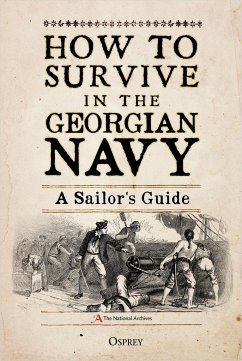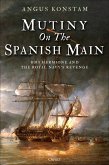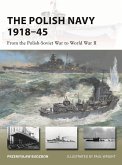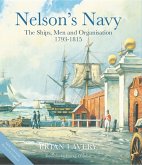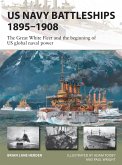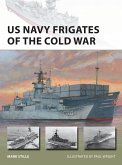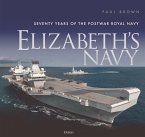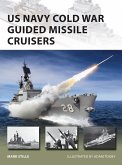Rigidly organised and harshly disciplined, the Georgian Royal Navy was an orderly and efficient fighting force which played a major role in Great Britain's wars of the 18th and early 19th centuries. This concise book explores what it was like to be a sailor in the Georgian Navy - focusing on the period from 1714 to 1820, this book examines the Navy within its wider historical, national, organisational and military context, and reveals exactly what it took to survive a life in its service. It looks at how a seaman could join the Royal Navy, including the notorious 'press gangs'; what was meant by 'learning the ropes'; and the severe punishments that could be levied for even minor misdemeanours as a result of the Articles of War. Military tactics, including manning the guns and tactics for fending off pirates are also revealed, as is the problem of maintaining a healthy diet at sea - and the steps that sailors themselves could take to avoid the dreaded scurvy. Covering other fascinating topics as wide-ranging as exploration, mutiny, storms, shipwrecks, and women on board ships, this 'Sailor's Guide' explores the lives of the Navy's officers and sailors, using extracts from contemporary documents and writings to reconstruct their experiences in vivid detail.

